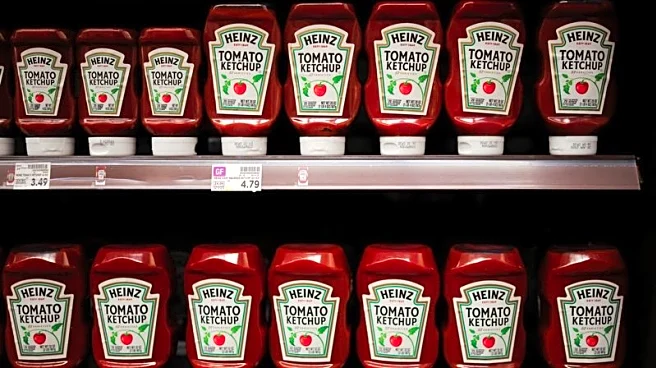What's Happening?
Freeport-McMoRan has declared force majeure at its Grasberg mine in Indonesia after a devastating mud flow resulted in the deaths of two workers and left five others missing. The Arizona-based mining company warned that it might fail to meet supply contracts from the facility, which is the world's second-largest copper source, accounting for three percent of global output. As a result, Freeport has reduced its copper and gold production guidance for the current quarter. The incident has exacerbated existing supply constraints in the copper market, which is experiencing soaring demand driven by the clean energy transition and artificial intelligence expansion. Copper prices have surged above $10,300 per ton on the London Metal Exchange, approaching the all-time high of $11,104.50 reached in May 2024.
Why It's Important?
The declaration of force majeure at the Grasberg mine is significant as it impacts global copper supply, a critical component in various industries, including technology and renewable energy. The disruption comes at a time when the copper market is already tight, potentially leading to higher prices and increased costs for industries reliant on copper. Analysts estimate a global refined copper market deficit of approximately 300,000 tons this year, which could grow larger depending on the duration of the disruption. This situation underscores the chronic underinvestment in copper mining over the past decade, highlighting the need for increased investment to meet future demand.
What's Next?
The immediate focus will be on the search and rescue operations for the missing workers and assessing the full impact of the mud flow on the mine's operations. Freeport-McMoRan will need to address contractual obligations and manage customer expectations amid reduced production. The broader copper market will likely experience volatility as stakeholders assess the implications of the supply disruption. Industry experts may call for increased investment in mining infrastructure to prevent similar occurrences and ensure stable supply chains.












